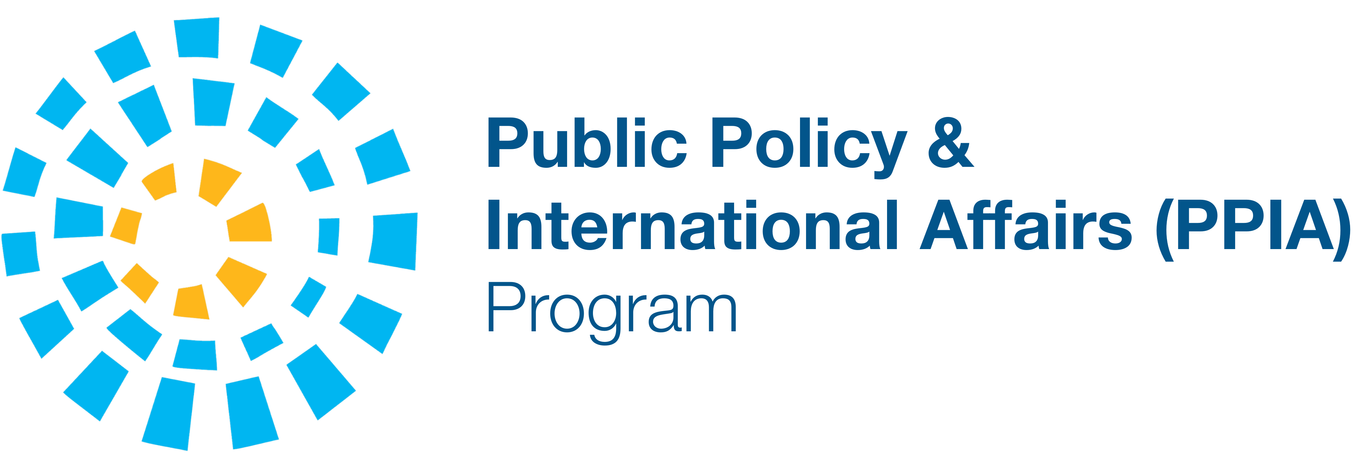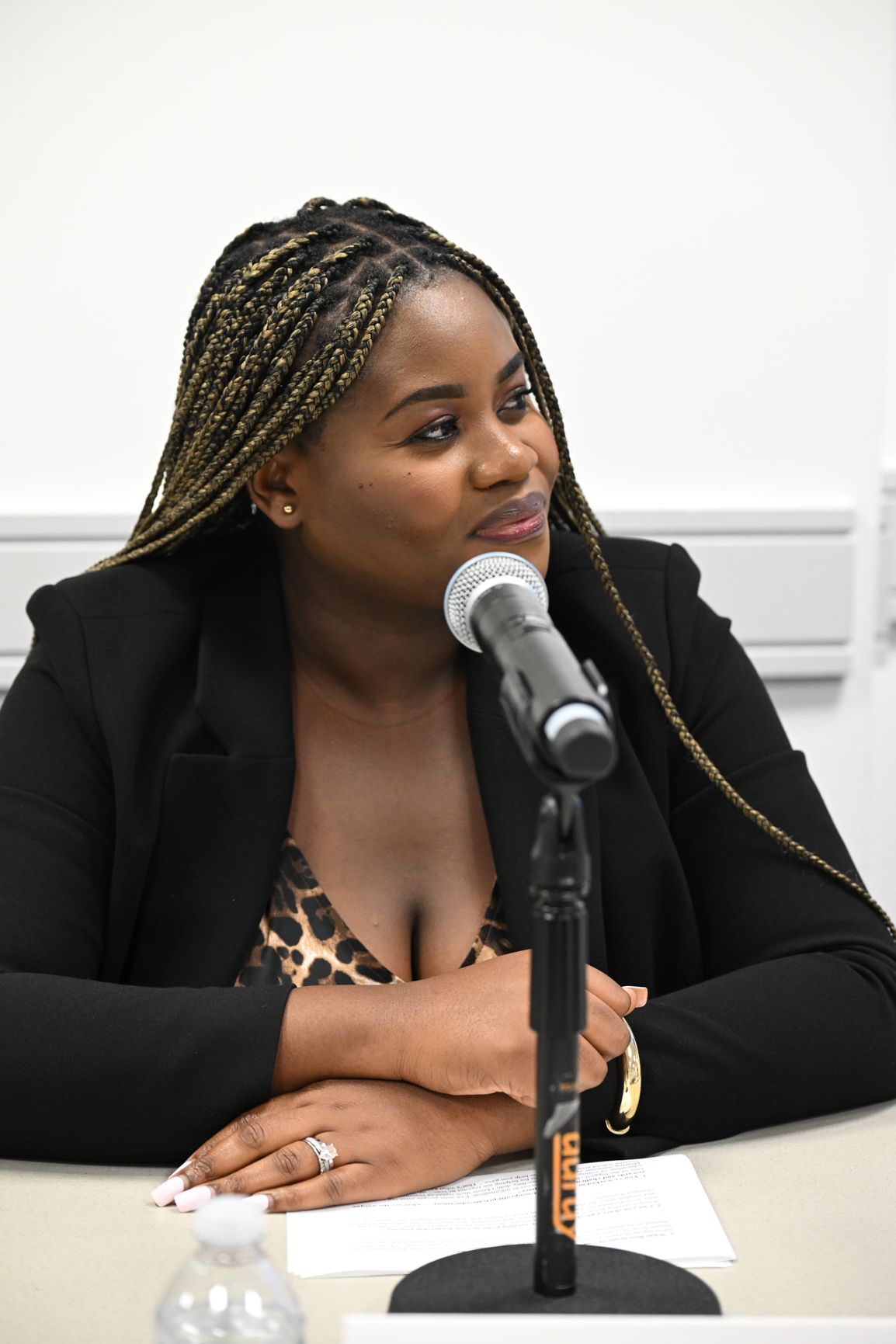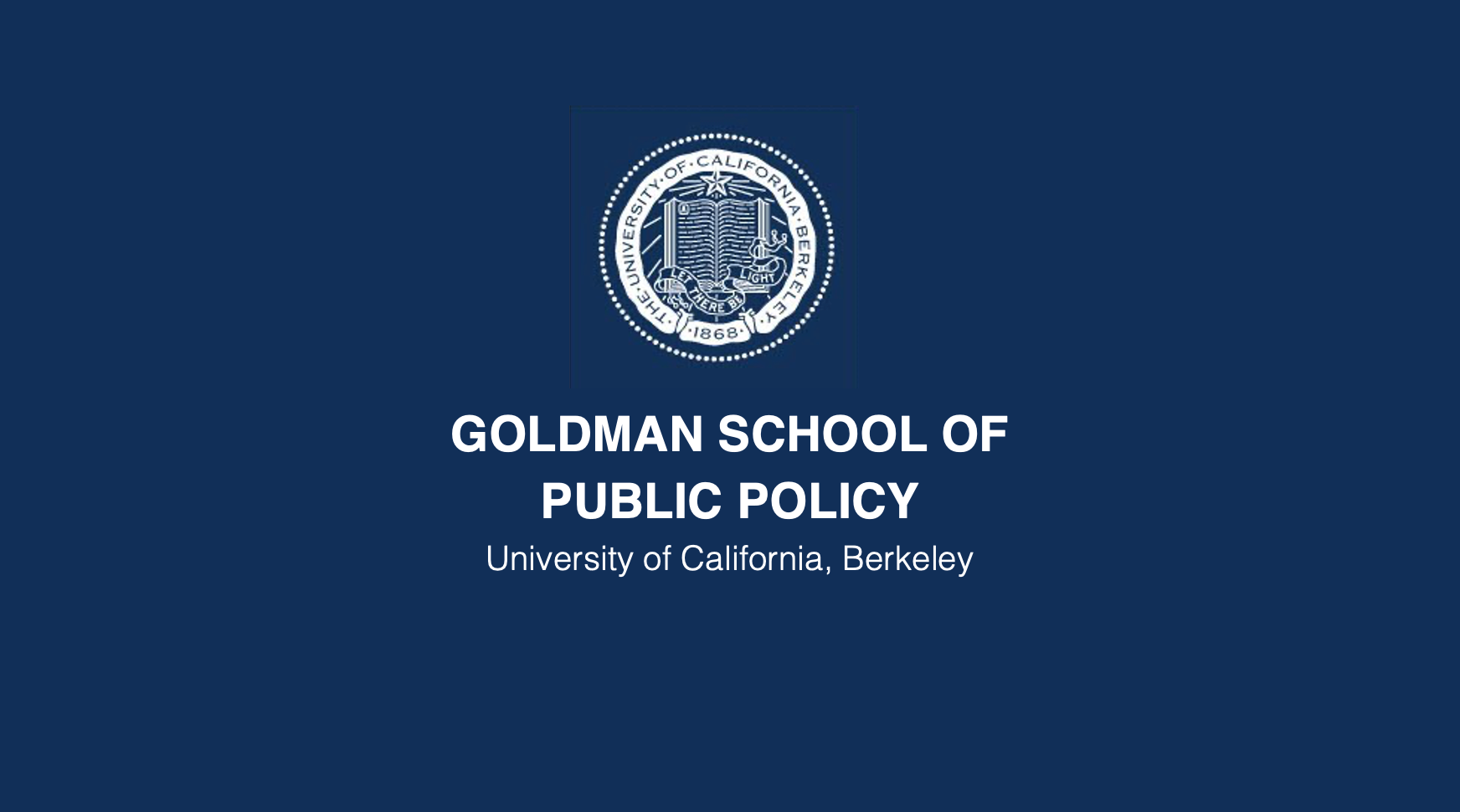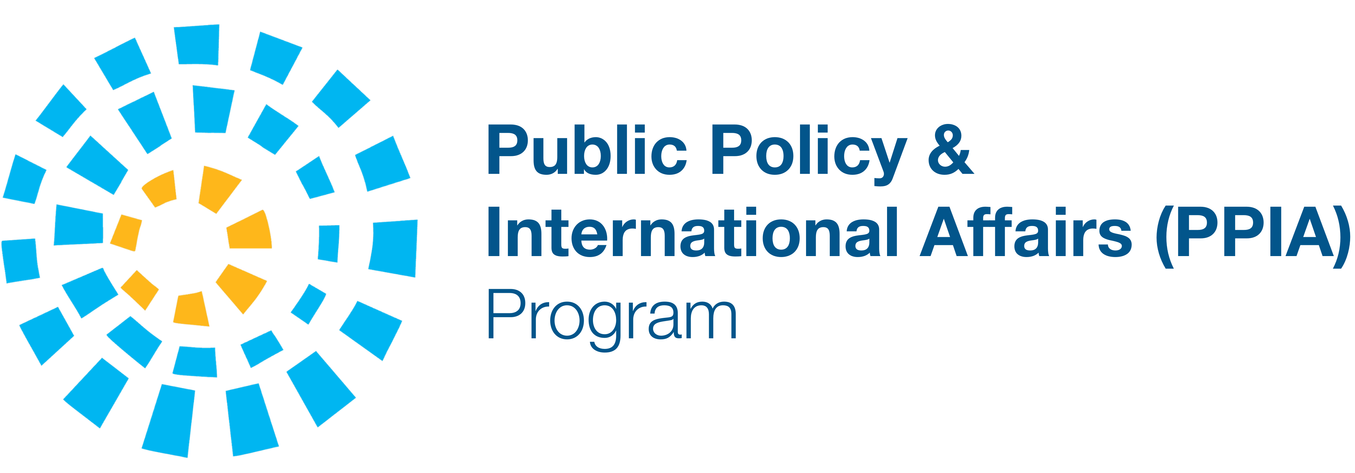Summer Policy Academy
This program is managed by The Volcker Alliance, with PPIA partnering to expand access and opportunity for students.
Sands of Time
Summer Policy Academy
The Volcker Alliance sponsors this fully funded, three-week summer academy that puts you one week in Washington, D.C., followed by two weeks at the University of California, Berkeley, University of Minnesota, or University of Washington where you’ll sharpen analysis, data, and persuasive policy writing to advance equity, sustainability, and justice.
Key Dates
Deadline: November 1, 2025 at 11:59 PM
The application process is now closed.
Program Dates: June 15 - July 3, 2026
Your Three-Week Journey
See exactly how you’ll spend each week from Washington D.C. to an intensive campus immersion at the University of California, Berkeley, University of Minnesota, or University of Washington.
Week 1: Washington DC
WASHINGTON DC IMMERSION
Kick off with a one‑week policy boot camp in Washington, D.C. — see how policy gets made, meet the people behind it, and grow your network.
Field Trips: Go behind the scenes at the GAO, State Department, Capitol Hill, and the Smithsonian.
Policy Talks: Hear from practitioners and guest speakers about how decisions get made.
Mentorship: Connect with leaders of color and public‑sector pros for guidance and feedback.
Cohort Building: Team activities and skills workshops that set expectations and help you thrive.
Week 2 - 3: University of California, Berkeley
This program is about Democracy and Law Policy in action.
You’ll learn why representation matters, how voting systems work, what it means to be a citizen, and how governments can stay accountable. Most importantly, you’ll connect these ideas to the bigger question: how can democracy deliver on its promise to help people flourish?
We'll focus on these key policy areas of democracy:
Representation & Identity Justice
Ensuring fair participation and inclusion across diverse groups.
Who gets represented, and who gets left out?
Voting & Elections
Access to the ballot, election systems, and safeguards for fairness.
How do we design elections that are both fair and secure?
Speech & Expression
Balancing free speech with responsible limits and protections.
Where should the line be drawn on free speech?
Citizenship
Rights, responsibilities, and pathways to civic participation.
What does it mean to be an active citizen today?
Governance & Administration
Accountable, transparent, and effective leadership.
How can governments deliver services while staying accountable?
Institutional Trust
Building confidence in democratic institutions and processes.
What makes people trust—or lose trust in—their institutions?
Week 2 - 3: University of Minnesota
This program is about Global Policy in action.
With an emphasis on roleplay and simulation, students will take a hands-on approach to grappling with some of the world’s most pressing transnational challenges. But before diving into specific issues, we need to answer a broader question: how can future leaders prepare to address global problems that cross borders and defy simple solutions?
Conflict
Study causes, impacts, and solutions to international disputes.
How can international actors build trust and lasting peace in regions of conflict?
Access to Water
Explore tensions over scarce and shared water resources.
What policies and agreements can ensure fair and sustainable access to water?
Human Rights
Examine cases involving refugees, freedoms, and global accountability.
When should the international community intervene to protect human rights?
Sustainable Development
Weigh tradeoffs between growth, equity, and the environment.
How can nations balance immediate economic needs with long-term sustainability goals?
Week 2 - 3: University of Washington
This program is about Social Policy in action.
You’ll explore how nonprofit and government agencies design and implement policies that respond to pressing societal and economic challenges. Most importantly, you’ll connect these issues to the bigger question: how can policy make a meaningful difference in people’s lives?
We’ll focus on the following key areas of social policy:
Poverty & Inequality
Understanding causes, consequences, and strategies for reducing disparities.
What policies are most effective in breaking cycles of poverty?
Social Welfare Programs
Examining safety nets like healthcare, housing, and income support.
How can welfare programs balance support with long-term opportunity?
Education Policy
Exploring access, quality, and equity in schools and higher education.
How should education policy adapt to serve all learners fairly?
Criminal Justice
Analyzing policing, sentencing, and rehabilitation.
What reforms can make the justice system more fair and effective?





